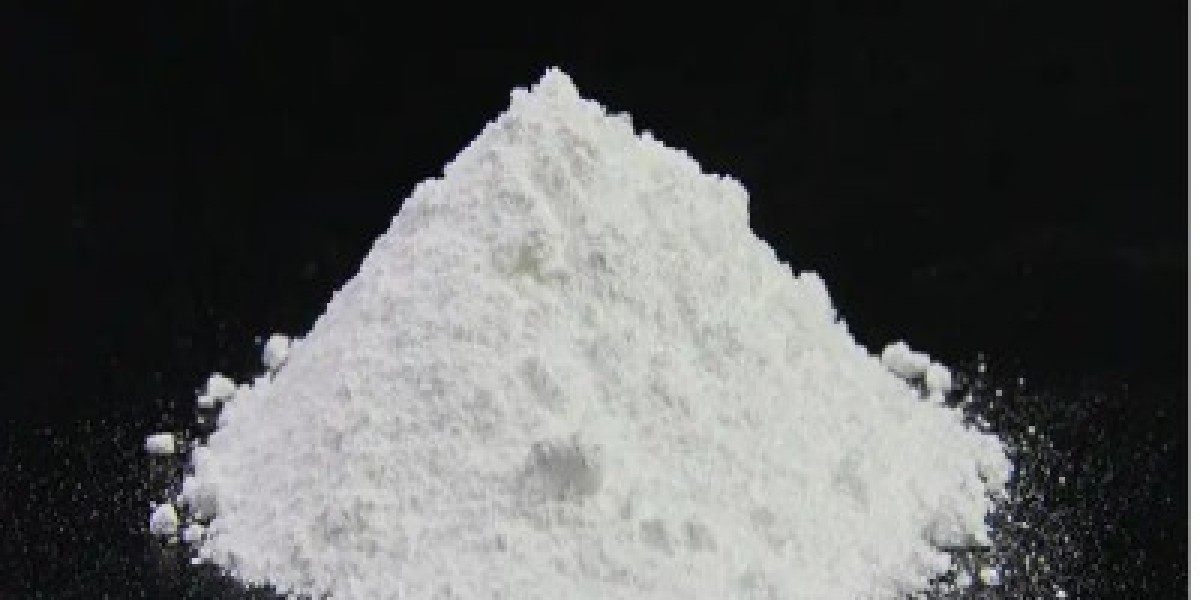Yes, there are relevant regulations and standards for biochemicals suppliers. The following are some of the main regulations and standards:
1. United States (U.S.) Regulations
- FDA Oversight: The U.S. Food and Drug Administration (FDA) enforces regulations covering certain biochemicals, particularly those classified as in vitro diagnostic (IVD) products.
- 21 CFR Part 809 Subpart C: This regulation outlines general requirements for manufacturers and producers of IVD products, including compliance with Good Manufacturing Practices (GMP). It also restricts the distribution and use of Analyte-Specific Reagents (ASRs): ASRs may only be sold to IVD manufacturers, qualified clinical laboratories, and specific non-clinical laboratories, and must adhere to mandatory labeling requirements.
- GMP for IVDs: biochemicals suppliers of IVD-related biochemicals must follow FDA’s GMP guidelines to ensure product consistency, safety, and quality throughout production.
2. European Union (EU) Regulations
- IVDR (In Vitro Diagnostic Medical Devices Regulation): Replacing the former IVDD (In Vitro Diagnostic Directive) in 2022, the IVDR (Regulation (EU) 2017/746) is the primary framework for regulating IVDs and related biochemicals in the EU.
- It classifies IVDs into four risk classes (Class A, B, C, D) based on their intended use and potential risk, with stricter requirements for higher-risk products (e.g., Class C/D).
- biochemicals suppliers must comply with requirements for product registration (via the EU’s Nomenclature of Medical Devices, NOMED), quality management systems, clinical evidence, labeling, and post-market surveillance (PMS).
- ISO 13485 Adoption: The EU recognizes ISO 13485 as a benchmark for quality management systems (QMS) in the medical device/biochemical sector. Suppliers often need to obtain ISO 13485 certification to meet IVDR requirements.
3. International Standards
- ISO 13485:2016: Titled Medical Devices – Quality Management Systems – Requirements for Regulatory Purposes, this global standard is widely adopted for biochemicals used in medical or diagnostic applications.
- It mandates biochemicals suppliers to establish and maintain a QMS that covers the entire product lifecycle: design, development, raw material sourcing, production, testing, packaging, storage, distribution, and post-market support. Compliance ensures product quality, traceability, and risk mitigation.
- ISO 15189: Focused on Medical Laboratories – Requirements for Quality and Competence, this standard indirectly impacts biochemical suppliers by setting performance and quality criteria for the reagents used in clinical laboratories. Suppliers must ensure their products meet the accuracy, precision, and stability requirements outlined in ISO 15189.
4. Other Regional/Country-Specific Regulations
- Japan: The Pharmaceutical and Medical Device Act (PMD Act) regulates biochemicals (especially IVD reagents). biochemicals suppliers must obtain approval from the Pharmaceuticals and Medical Devices Agency (PMDA) and comply with GMP standards.
- Canada: Health Canada oversees biochemicals under the Medical Devices Regulations (SOR/98-282). biochemicals suppliers must register their products, meet safety/effectiveness criteria, and follow Good Distribution Practices (GDP) for product handling.








